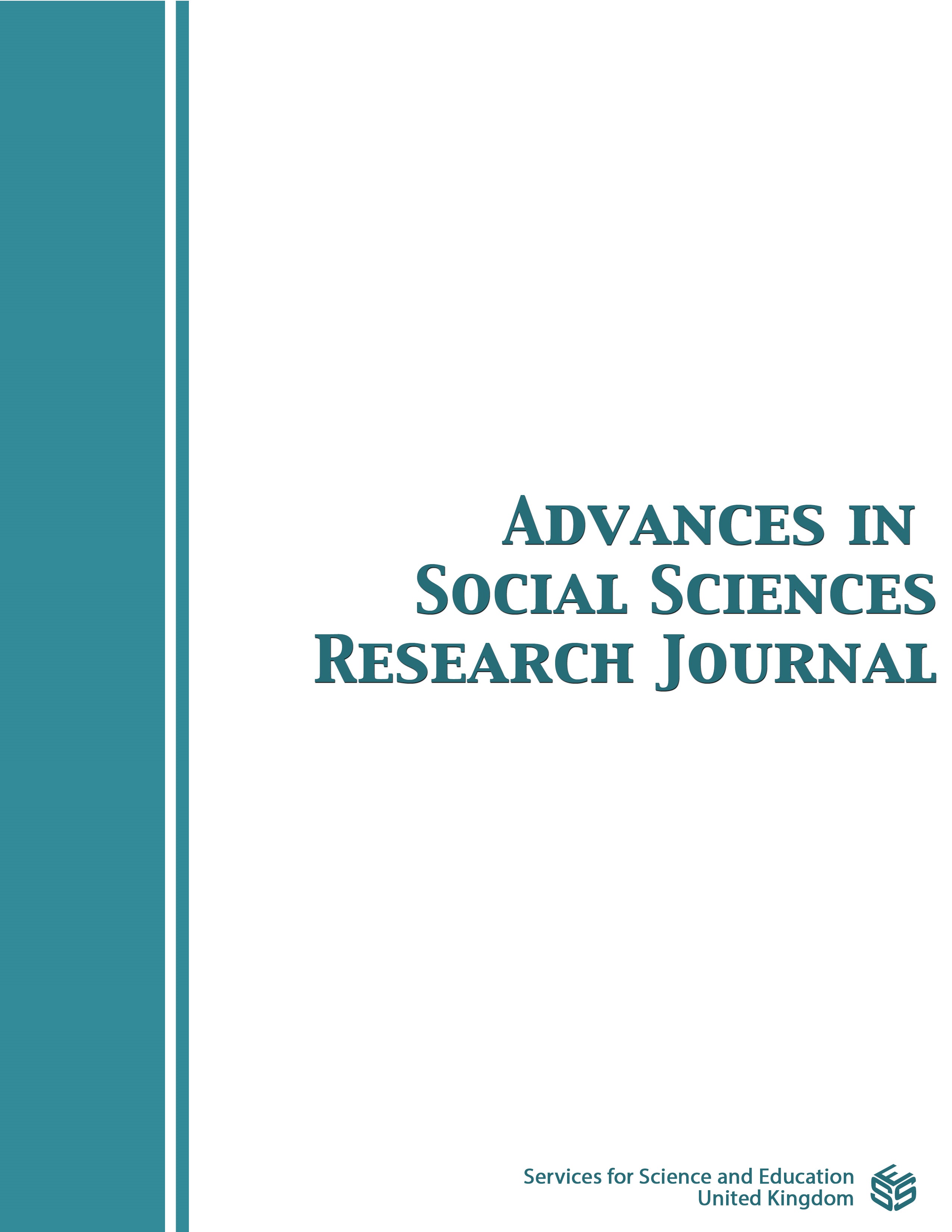Commodification of Viral Information in the New Media Era (Case Study on Cek Fakta Page of Tempo.Co)
DOI:
https://doi.org/10.14738/assrj.912.13777Abstract
The development of internet technology resulted in drastic changes in the flow of information globally. Now, people can make their own choice of information that they like. But on the other hand, they also have the potential to receive wrong information. Social media, where people interact a lot, also has a lot of false information or hoaxes. Meanwhile, the mass media, which used to be the gatekeepers of information, are no longer the main source of readers. As a way of defending itself from change, the media began to adapt to the flow of information on social media. They seize the opportunity by seeing the circulation of viral information that tends to be hoaxes. This study describes the adaptation of Tempo media to current conditions. This study uses an interpretive or constructivist paradigm. The research methodology rests on the foundation of ontological and epistemological assumptions. The author uses a media political economy approach in this study. In the media's political economy, there is commodification, converting use value into exchange value. This research shows the existence of the Cek Fakta web page on Tempo.co as a way to promote media name branding. Tempo has calculated the business on the Cek Fakta page at Tempo.co. Profits are not only material or money but also in terms of branding. Cek Facts is a tool for branding Tempo. From that point of view, in terms of traffic, the Cek Fakta page's existence contributes to many readers.
Downloads
Published
How to Cite
Issue
Section
License
Copyright (c) 2022 Benni Indo, Anang Sujoko

This work is licensed under a Creative Commons Attribution 4.0 International License.
Authors wishing to include figures, tables, or text passages that have already been published elsewhere are required to obtain permission from the copyright owner(s) for both the print and online format and to include evidence that such permission has been granted when submitting their papers. Any material received without such evidence will be assumed to originate from the authors.






